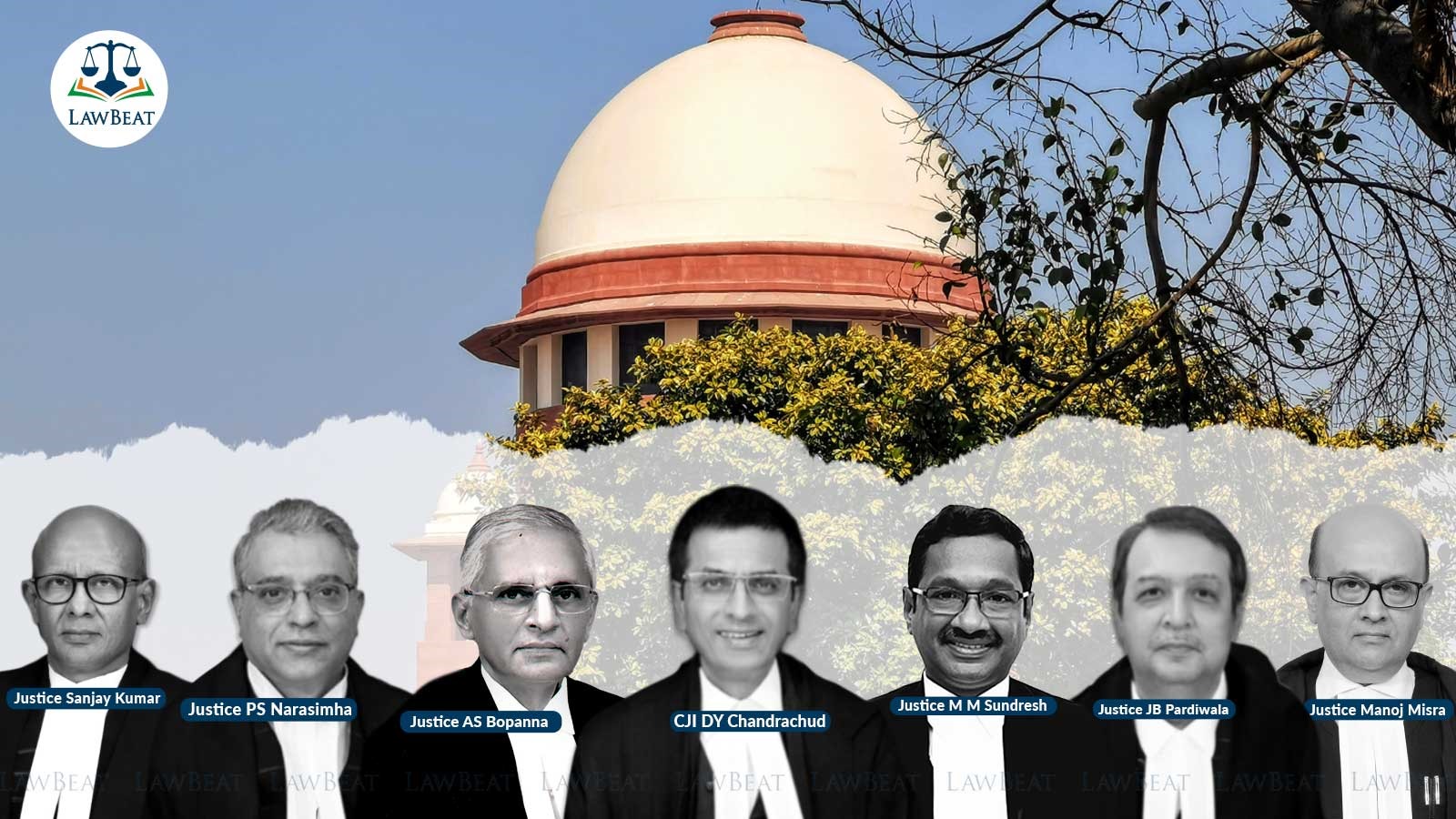BREAKING: Supreme Court overrules JMM Bribery case judgment, no immunity for legislators taking bribe

"The judgment in PV Narasimha Rao has wide ramifications on public interest, probity in public life and parliamentary democracy. A claim to immunity by the legislator fails to fulfil the two fold test that the claim is tethered to the collective functioning of the house and that it is necessary to the discharge of duties of the legislator", court has said
In a landmark verdict today, a 7-judge bench of the Supreme Court has overruled the MAJORITY VIEW of PV Narasimha Rao judgment, which held that a lawmaker was immune to prosecution even if he/she took money to vote on the floor of the House.
In the PV Narasimha Rao case, during the 10th Lok Sabha election held in 1991, the congress party with Narasimha Rao as its Prime Minister had given bribes to a few members of JMM (Jharkhand Mukti Morcha) and urge them to vote against the No Confidence motion moved against PV Narasimha Rao.
"The purpose of Article 105 of the Constitution is destroyed when a person is induced to take a bribe. A member engaging in bribery erodes probity in public life", court said today, overruling the judgment.
Supreme Court's constitution bench had reserved its judgment on the issue regarding immunity from prosecution granted to lawmakers who take money to vote in the house.
On September 21, 2023, the court had referred the judgement in PV Narasimha Rao, which held that a lawmaker was immune to prosecution even if he/she took money to vote on the floor of the House, to a seven-judge bench.
Solicitor general Tushar Mehta had told the bench that such a privilege was granted to ensure that lawmakers vote and perform their duties fearlessly.
"Court should not be influenced by extreme examples.. like an agreement being made for bribe inside the parliament.. it can also happen that the transaction to transfer such bribe also happens inside the parliament..", SG added.
SG Mehta had further contended that the prevailing opinion in P.V. Narasimha overlooked the implications of the Prevention of Corruption Act, 1988 (PCA) in its ruling. He highlighted that the decision inadvertently shields individuals accepting bribes once an action (like delivering a speech or casting a vote influenced by the bribe) is completed. This, he argued, is in direct conflict with Section 7 of the PCA, which explicitly sanctions public officials who receive bribes either as an incentive or in exchange for executing their official duties in an improper or dishonest manner.
Senior Advocate Vijay Hansaria had submitted that criminalisation of politics has a deep impact on the democratic setup of our country. "This court's judgment is Narsimha Rao allows people who are tainted to remain in politics..My submission is that minority view of Narasimha Rao judgment should be upheld..", Hansaria had said.
The seven-judge bench led by CJI DY Chandrachud also comprised Justices Bopanna, Sundresh, Narasimha, Pardiwala, Sanjay Kumar and Manoj Misra.
Case Title: Sita Soren vs. Union of India
